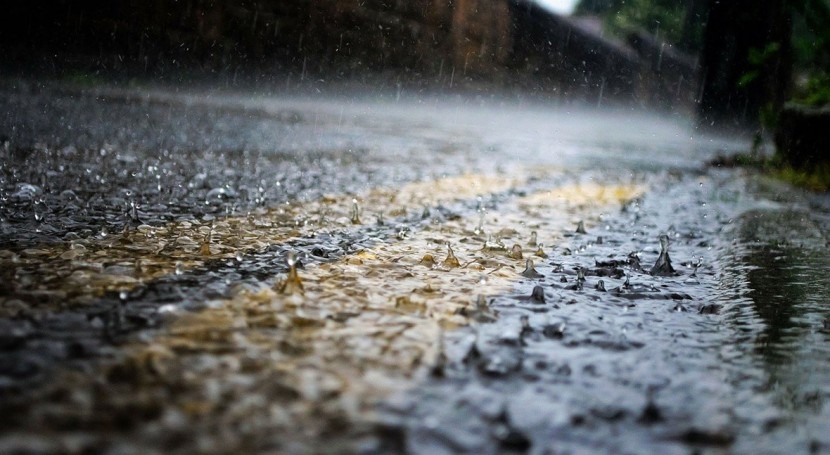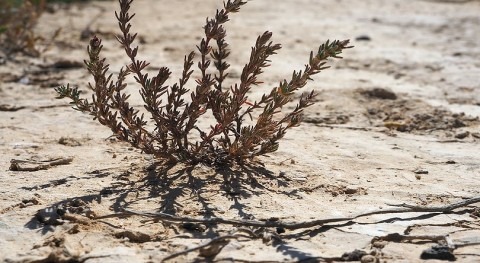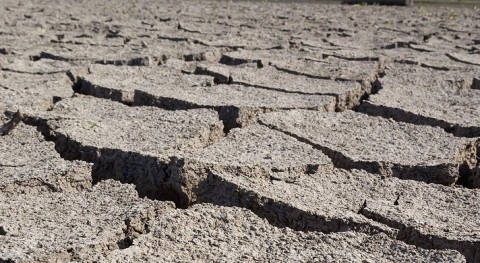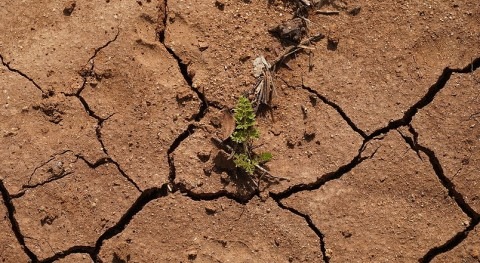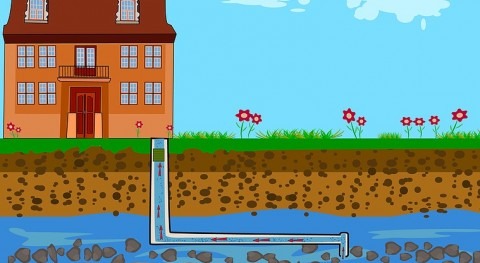A new taskforce has been set up by water supplier Southern Water to reduce storm overflows by 80 per cent come 2030, part of the company’s wider programme of investment to bring about a step change in water quality in the local area.
The taskforce will be working alongside the firm’s £1.5 billion investment programme, which is currently on track to cut all pollution incidents by 80 per cent by 2025. A cross-sector approach will be adopted, working with local stakeholders to identify innovative and practical solutions to reduce overflows.
Storm overflows are releases of wastewater that occur during rainfall to protect homes, businesses and other properties from flooding. They form an essential part of the Victorian sewage system, with overflows (which are more than 95 per cent rainwater) typically taking place during periods of heavy rainfall.
The focus will be put on nature-based solutions, including rain gardens, soakaways, wetlands and ponds, as well as an increase in storage, to help reduce storm overflows.
In fact, the most efficient, eco-friendly and cost-effective strategy to do this is separating rainwater from the sewer system, with work showing that reducing the amount of rainwater runoff from roofs and roads by around 40 per cent would deliver an 80 per cent reduction in storm overflows.
Ian McAulay, CEO of Southern Water, said: “There is a growing call to take action to reduce the frequency and impact of storm overflows. That is a task of scale and complexity and needs multi-sector collaboration and a join up of policy to make it happen, which of course appears difficult today.
“However, just 20 years ago, the quality of our coastal waters needed to improve drastically. Today, reflecting significant investment driven by focused policy, all 83 of our regional bathing waters meet strict European Standards and a total of 78 are rated excellent or good.”
Discharging raw waste into rivers, streams and oceans poses risks to human health, but it also has a huge impact on plants and animals living in waterways. Sewage encourages algal blooms to form, for example, and this can have a devastating effect on many other species, putting them at risk of death and even extinction.
Back in 2020, however, sewage was released into waters around the UK on more than 400,000 occasions, with overflows from water suppliers lasting for more than 3.1 million hours. Southern Water itself was recently fined a record-breaking £90 million after admitting to having carried out thousands of illegal discharges between 2010 and 2015.
Because releases from storm overflows are raw and haven’t been treated, instead only diluted by rainwater, they can contain anything, whether that’s human waste, plastics or household chemicals. The end result is serious damage being caused to fragile river ecosystems.


